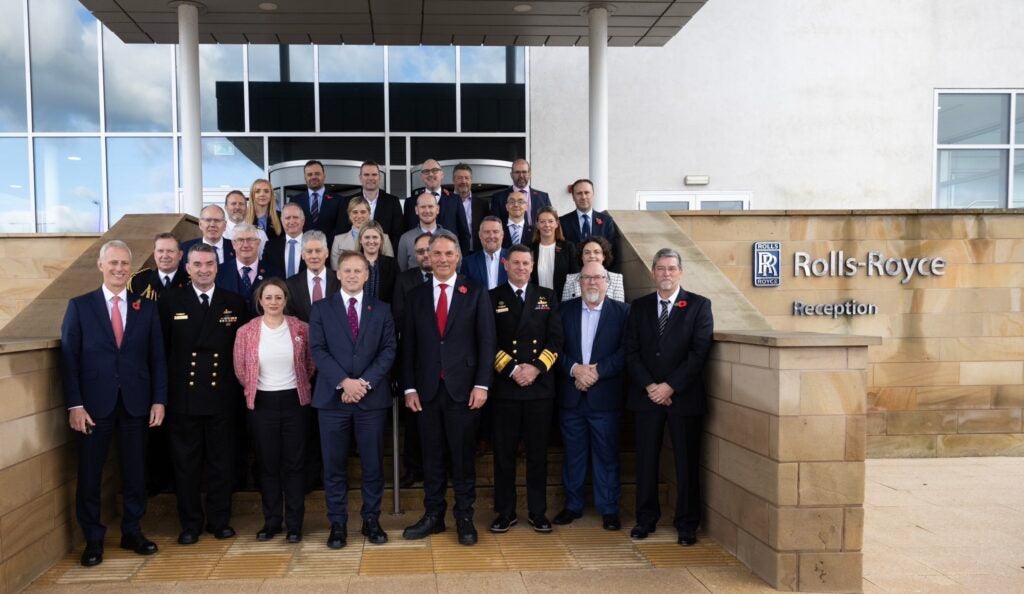AUKUS: Grant Shapps and Richard Marles Visit Nuclear Reactor Factory
The UK Defence Secretary Grant Shapps and the Australian Deputy Prime Minister and Defence Minister Richard Marles have visited Rolls-Royces’s nuclear reactor manufacturing site in Derby, to meet the first group of Australian personnel training with their UK counterparts to gain a better understanding of how conventionally-armed nuclear submarines are constructed. As the British manufacturer will be the main supplier of all propulsion systems for both the UK and Australia.
The Minsters saw components being produced for the SSN-AUKUS programme, which will introduce a new class of nuclear powered submarine into both the Royal Navy and Royal Australian Navy. The new submarines are expected to be ready for use in the late 2030s. With the Ministry of Defence awarding both Rolls Royce and BAE Systems a £4 billion funding package to cover the development of the craft. As part of the programme a submarine shipyard in Barrow-in-Furness as well as the Derby site will be developed and expanded to meet the requirements of the SSN-AUKUS programme which was announced in October. Grant Shapps commented on the project:
‘A project like this can only succeed with the great work that’s being done across British Industry…The partnership will not only help uphold stability in the Euro-Atlantic and Indo-Pacific regions, but also demonstrate the world-class trademark that embodies British Industry.’
Over the next 13 weeks Australian nationals will familiarise themselves with the programme and will visit sites across the UK and get to grips with the manufacturing process of the submarines. The programme will also create work in the UK with thousands of new jobs being needed to be filled for the project. The Australian Deputy Prime Minister Richard Marles, spoke on the collaboration of the two nations:
‘Australia is working closely with the UK and the US to progressively develop the skills, knowledge and expertise to build, operate, and maintain conventionally-armed, nuclear-powered submarines. These Australian industry placements provide us with an invaluable opportunity to learn from our experienced partners in the UK, and to better understand the functions and scope of the work.’

